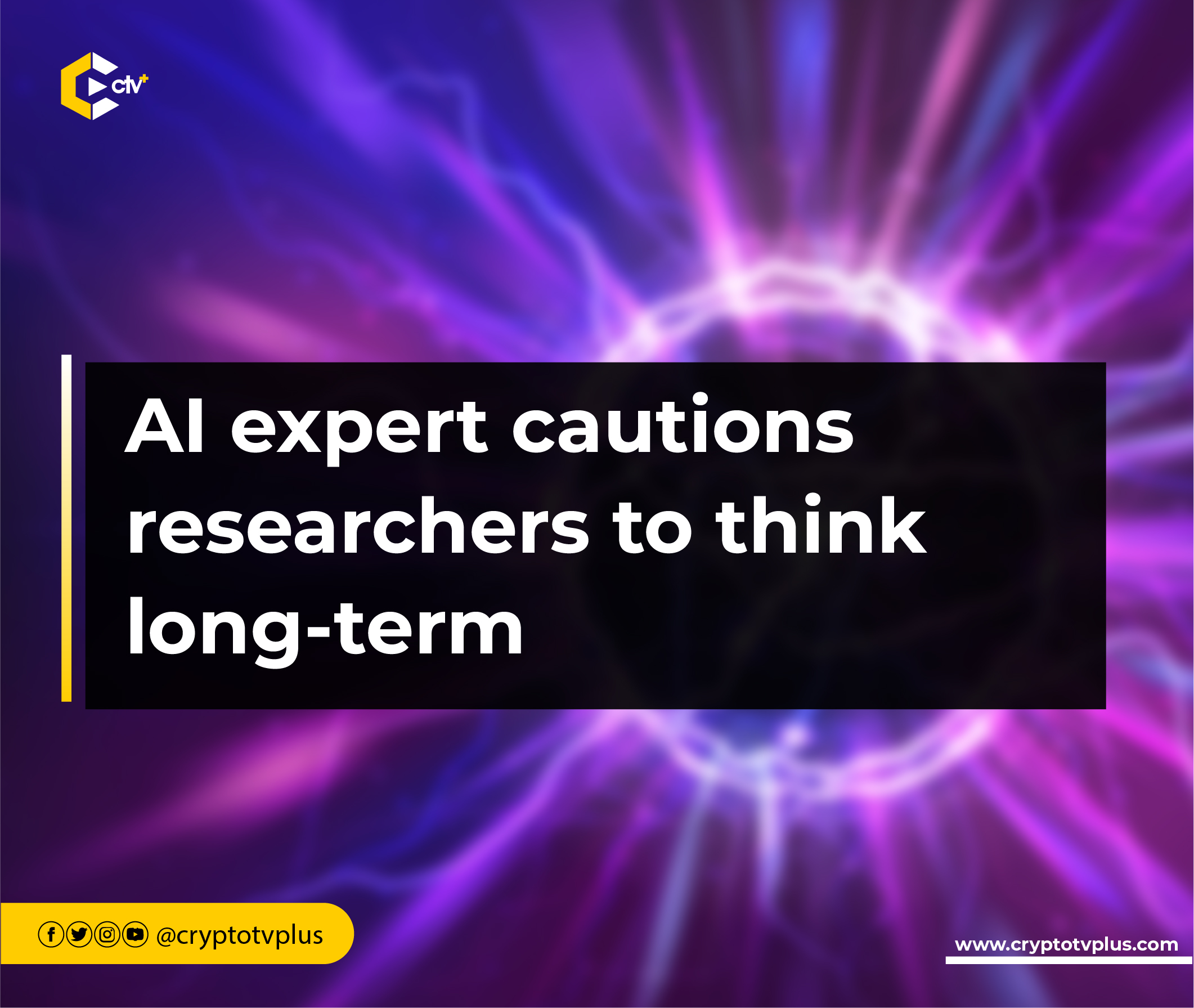FEATURED
AI expert cautions researchers to think long-term

In a thought-provoking presentation at the recent Future of Decentralization, AI, and Computing Summit by UC Berkeley, renowned AI expert Dr. Mike Jordan took the stage to talk about a unique perspective of how AI should be viewed.
To start his presentation, Dr. Mike noted that it is more important to consider the “why” behind AI development in addition to the “what” and “how,” challenging the audience to reflect on the legacy they are leaving behind in this era of technological advancements.
“The talk is less about the ‘what’ and ‘how,’ which occupy most of our time in AI, and more about the ‘why,'” Dr. Mike added. “We often start in this field because it’s cool or fun, but as we grow older, we should think about the impact on society.”
He urged the audience to consider the broader societal implications of their work. “What legacy are you leaving? Don’t be naive in thinking technology alone can fix everything,” he cautioned.
Creating new value systems with AI
Dr. Mike’s perspective shifted the focus from individual AI advancements to the creation of collective systems.
“It’s not just about individual AI replacing humans; it’s about creating new kinds of collectives,” he explained. These collectives, he said, involve networks of people with diverse desires and aspirations.
He narrated how humans have created transportation and communication collectives where we have shortened the distance between one person and another.
Also, we have seen how the field of medicine has evolved to give humans better services. The same needs to be replicated in the realms of economics, the earning power of people.
AI, economics and data management
The talk delved into the decentralization of data and the importance of market mechanisms, fairness, and economic viability in a connected world.
The Professor challenged the audience to think beyond conventional AI paradigms and consider the impact of their work on markets and society.
One of his key points revolved around data ownership and value. “We’re living in a world where data creation is constant, from music to novels, and we’re using our devices for various creative activities. It’s essential to value this data properly, both ethically and economically,” he stressed.
To illustrate his point, Dr. Mike shared his involvement with UnitedMasters.com, a startup revolutionizing the music industry.
UnitedMasters operates as a three-way market, where musicians’ songs are produced, listened to, and brand deals are struck based on data flows.
It exemplifies the power of combining technical innovation with economic models to benefit artists and society.
Dr. Mike called attention to the need to solve complex problems that arise when creating such systems, urging AI researchers to think about equilibria and dynamics within these systems.
He called for a shift from traditional AI thinking to building technology that supports unforeseen collective intelligence.
AI and Federated learning
Addressing the topic of federated learning, he challenged the current approach, stating that it lacks economic value for participants and suggested reevaluating the market mechanisms.
Federated learning is a machine learning approach where multiple decentralized devices or servers collaborate in training a shared model while keeping their data locally. This technique allows for privacy-preserving model training, as the raw data remains on the individual devices and is not centralized.
Instead, only model updates or gradients are exchanged during the training process, making it suitable for scenarios where data privacy is a concern, such as in healthcare or finance.
Dr. Mike concluded his talk by introducing the concept of “statistical contract theory” and its potential to revolutionize economics and incentives by incorporating data into contract design.
He noted that the use of incentives in the data economy has been shown to improve the rate at which users want to share their data as opposed to sharing their data without their consent. An incentive model in data sharing will help the industry improve.
Read also; Tickie: An AI-blockchain platform that aims to transform ticketing
























